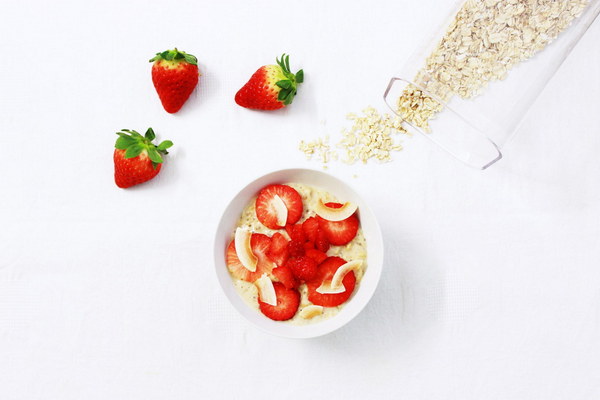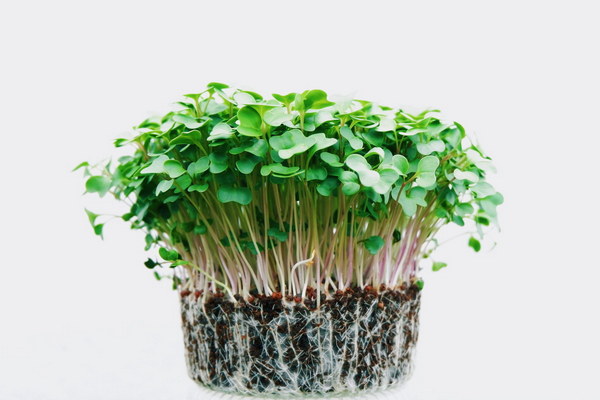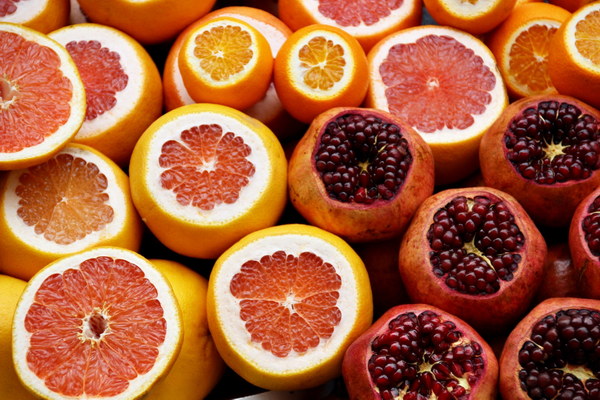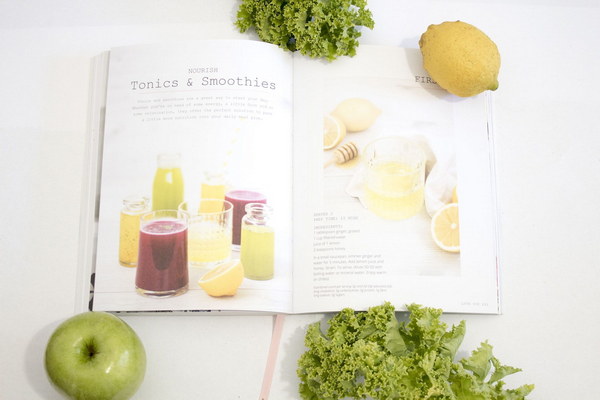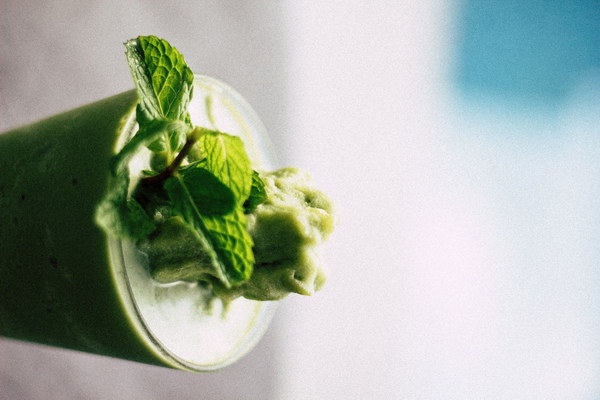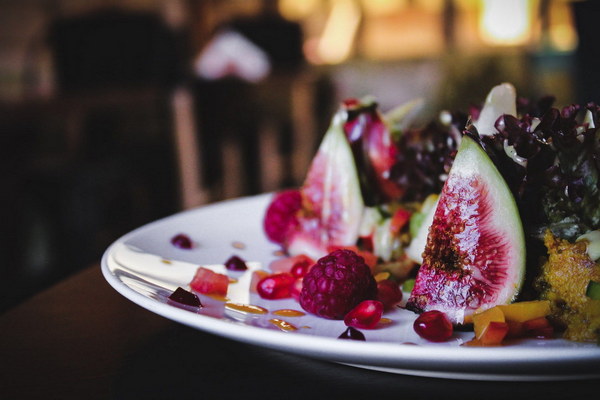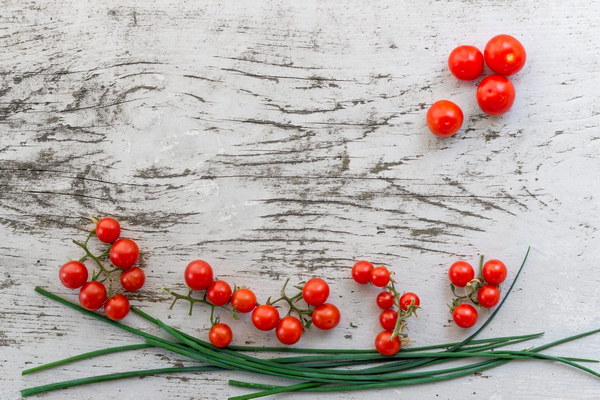The Ultimate Liver Support Is Bai Shao or Wu Mei the Better Choice
In the realm of traditional Chinese medicine, the liver is a vital organ that plays a crucial role in maintaining overall health. Many natural ingredients are believed to support liver function, two of which are Bai Shao (Chinese peony root) and Wu Mei (Chinese prune). But which one is truly the better choice for liver nourishment? Let's delve into the properties of both and determine their effectiveness in liver care.
Bai Shao: The Traditional Liver Supporter
Bai Shao, or Paeonia lactiflora, has been used in traditional Chinese medicine for centuries. Its primary action is to nourish the liver and relieve pain, making it a go-to herb for conditions involving liver dysfunction. Here are some key properties and benefits of Bai Shao:
1. Liver Nourishment: Bai Shao is known for its liver-nourishing properties, which can help to alleviate symptoms of liver yin deficiency, such as irritability, dry eyes, and dizziness.
2. Blood Stasis Relief: It is also effective in resolving blood stasis, which can lead to conditions like menstrual cramps and amenorrhea.
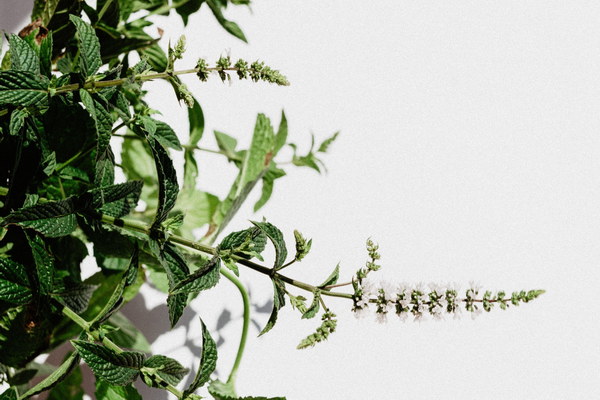
3. Analgesic: The herb has analgesic effects, making it beneficial for treating liver-related pain and discomfort.
4. Detoxification: Bai Shao is believed to aid in the detoxification process, helping to clear heat and improve liver function.
Wu Mei: The Modern Liver Helper
Wu Mei, or Prunus mume, is another herb that has gained popularity in modern times for its liver-supporting properties. Here's what Wu Mei has to offer:
1. Liver Protection: Wu Mei is often used to protect the liver from damage caused by toxins, such as alcohol or environmental pollutants.
2. Antioxidant: It contains antioxidants that help to neutralize free radicals, which can damage liver cells and lead to liver disease.
3. Anti-inflammatory: Wu Mei has anti-inflammatory properties that can help reduce inflammation in the liver.
4. Immune Support: The herb is also known for its immune-boosting effects, which can contribute to overall liver health.
Comparing Bai Shao and Wu Mei
So, which one is better for liver nourishment? The answer depends on the specific needs of the individual and the nature of their liver-related concerns. Here are some considerations:
- Yin Deficiency vs. Toxin Exposure: If the liver issue is primarily due to yin deficiency, Bai Shao might be the more suitable choice. However, if the concern is related to liver damage from toxins, Wu Mei could be more beneficial.
- Complementary Use: In many cases, Bai Shao and Wu Mei can be used together to provide a comprehensive approach to liver care. Bai Shao can help nourish the liver and alleviate symptoms of yin deficiency, while Wu Mei can offer protection against toxins and inflammation.
- Other Health Conditions: It's important to consider any other health conditions the individual may have. For example, if someone has a cold or flu, Bai Shao may be contraindicated due to its cooling properties.
In conclusion, both Bai Shao and Wu Mei have unique properties that make them valuable for liver care. The choice between the two should be made based on individual health needs and the guidance of a qualified healthcare provider. Whether you opt for Bai Shao or Wu Mei, it's essential to approach liver health holistically, considering diet, lifestyle, and other herbal or medical interventions as needed.

